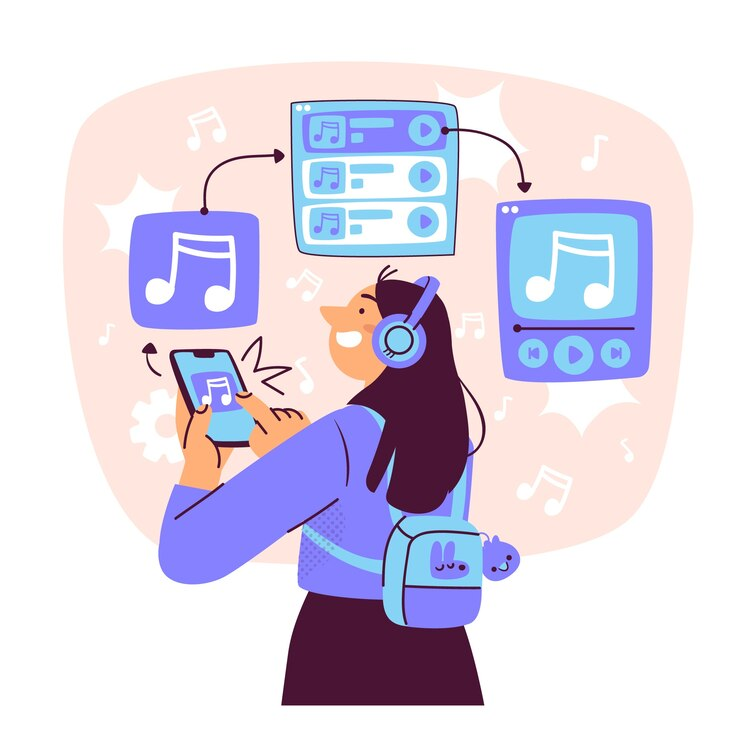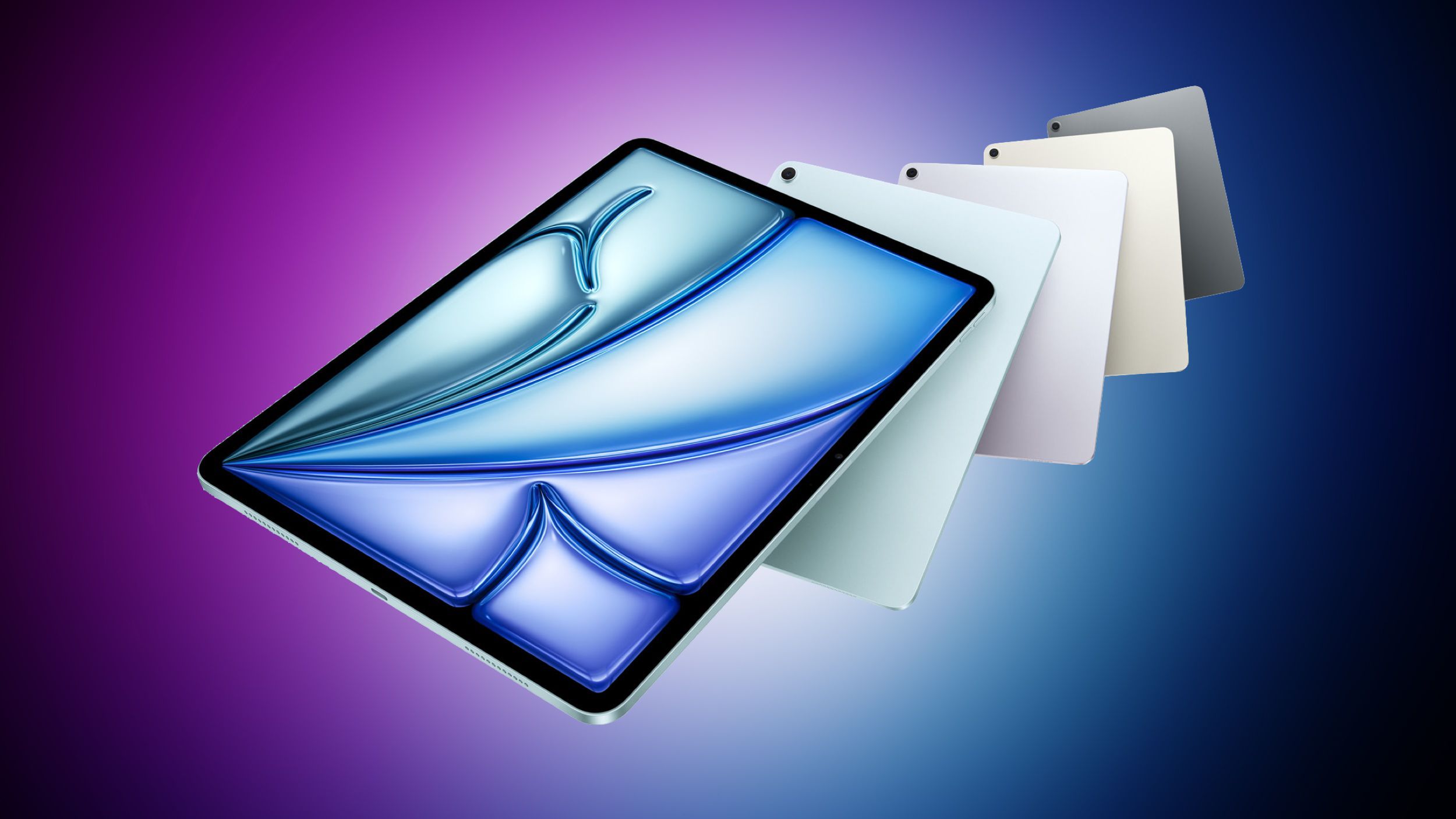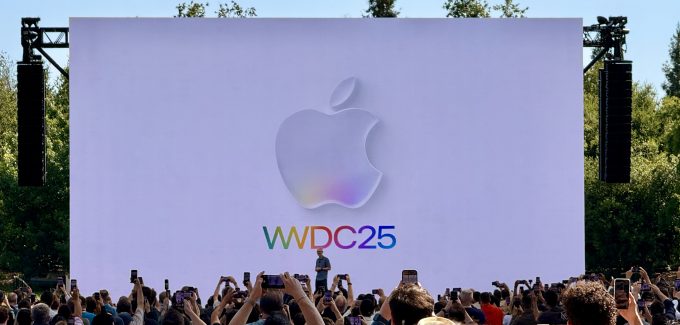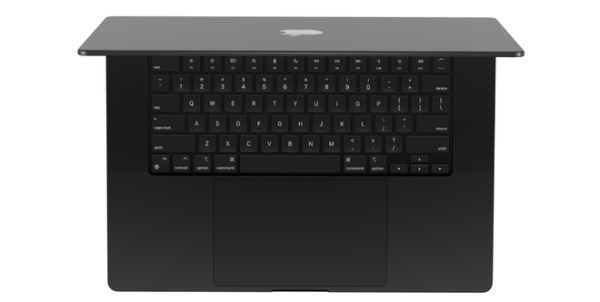AI is transforming music. What if you open a music app, and every song feels like it was chosen specially for you? That's not magic; that's AI-driven personalization. Real-time data, powerful algorithms, and deep learning are how today's music streaming apps understand what we love and create playlists that seemingly know our minds.
The Role of AI in Music Streaming Personalization
Music streaming becomes more intelligent with every song you hear, skip, and replay, thanks to AI, which predicts what listeners will want next from every song they listen to. It's not just about genre recommendations; it's about what you listen to, favorite tempos, time of day, etc. This goes on to feed into song suggestions specific to that person. These platforms use advanced algorithms to make each interaction seem as if it's custom-made, creating both convenience and fun for the users.
There are plenty of moods and styles for which algorithms dive deep into user behavior to make match playlists, whether early-morning beats or late-night soundscapes. AI helps apps "get to know" each listener intimately by identifying patterns we may not know. That means the apps make for a personal, refreshingly human listening experience, much like how an online betting app in India tailors its offerings based on user preferences, ensuring a seamless and engaging experience for every individual. These platforms learn what users like and how their tastes evolve, and they present new, relevant content that keeps the experience fresh and exciting.

Real-Time Data and Adaptability
Now, real-time data and fast adaptability make music apps brighter than ever. The moment you hit play, AI learns and adjusts to your immediate music mood as you pick songs. Here's how real-time data drives the experience:
- Time-Based Analysis: Daytime sounds versus nighttime rhythms.
- Location Awareness: Changing music styles according to your current setting.
- Playback Patterns: Replaying songs you recognize and those that are similar.
That adaptability means music apps can evolve in real-time and adjust their suggestions based on your preferences and listening environment.
Advanced AI Models for Deeper Personalization
Today's music streaming apps leverage cutting-edge AI models to bring a new level of personalization. It's not about what we listen to but about when, where, and why. Analyzing what we like, these AI models learn to predict music that matches each person's preferences in a way that's naturally congruent with that person's tastes.
Genre-Based Suggestions
Genre-based recommendations take AI further beyond the generic categories. Imagine picking a pop song and being whisked to a subgenre you'd never heard of. They break music down into the minutiae, the small things in between that you might not think of connecting. The streaming apps use this knowledge to construct playlists that are not only tailored to your tastes but are also open to your music in any part of the world. In each interaction, you gain a different view and get into finer details of genres, strategies, and shared interests.
Genre-based AI tempts listeners to more refined selections of genres they already enjoy. Unlike a playlist generator, it is a curator searching for music that reflects the ever-changing tastes of the listener, and more than that, it's a curator exploring trends and deep cuts. This technology has been with us for some time, influencing how we interact with things, from personalized shopping recommendations on Amazon to show suggestions on Netflix and the discussions in Melbet Facebook that use AI to understand preferences to improve engagement and satisfaction. These AI-driven systems constantly analyze behavior and improve recommendations to make every interaction highly personalized and engaging.

Mood-Based Recommendations
AI has figured out our moods: it knows how it affects our music choices. The app knows if you're winding down after a long day and curates a calm, reflective playlist. The next morning, it could even welcome you with upbeat, energizing tunes to start the day. Using playback times, song types, and energy levels, AI detects patterns that help with this.
Personalization by mood can use different tempos, instruments, or vocals to suit the listener's needs at each moment. It's not about playing "happy" or "sad" songs; it's about creating an emotional landscape that fits every listener's lifestyle. The tailored approach makes us feel more connected to the music and on a deeper level.
Voice Recognition and Interactive Features
Voice recognition is making music streaming intuitive and hands-free. Listeners can now ask for songs of specific genres or even moods without lifting a finger. This isn't just about convenience; it's a dive deep into user intent. These apps dig into vocal cues and, eventually, the tone of voice to learn about preferences and further personalize each session.
Then there are interactive features, which add another layer, including tailored suggestions that change in real-time based on user feedback. Listeners can skip, save, or get suggestions, making the experience almost conversational with simple voice commands. This means these apps are platforms and personal music assistants that know and grow with each user.
Predictive Analytics for Emerging Trends
Predictive analytics are poised to change the music streaming experience. Always on top, these apps hear new patterns and sounds that gain popularity and then suggest new music that reflects listeners' changing tastes. The advantage of these platforms is that they sift through millions of users and use data to find what hits, micro-genres, and emerging acts will be so listeners can discover newly generated music within global trends.

















